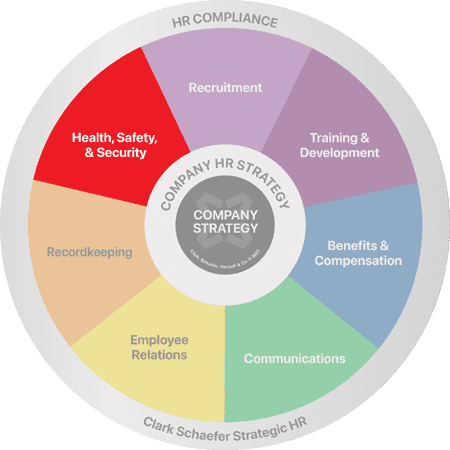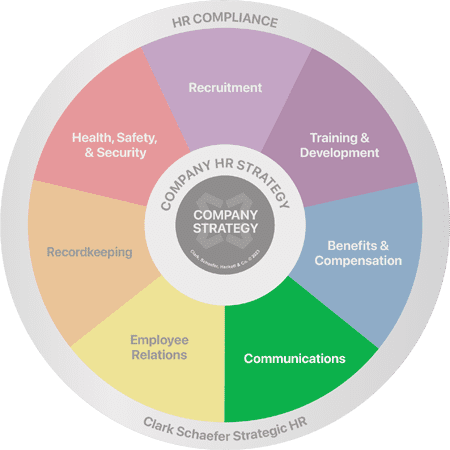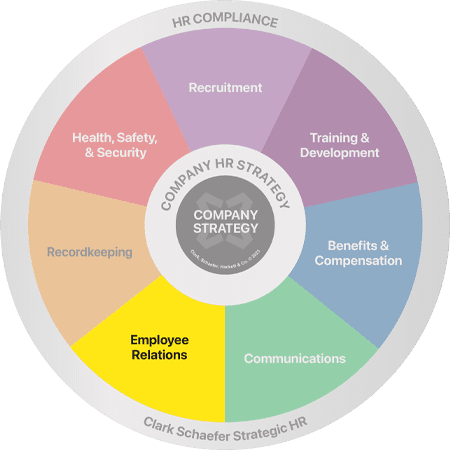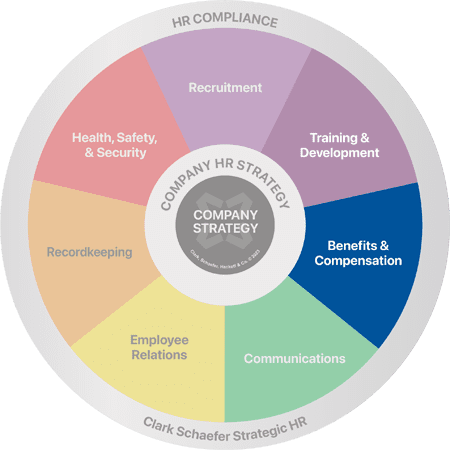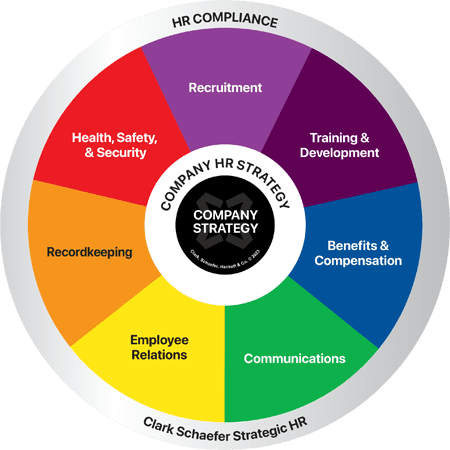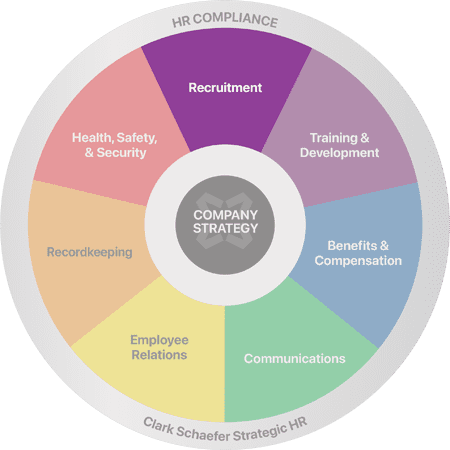Marijuana in the Workplace
Last Updated on November 14, 2023 / Health, Safety & Security
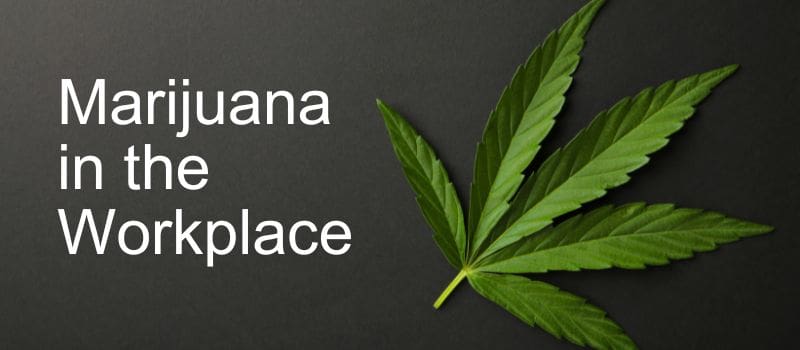
HR Question:
Now that Issue 2, legalizing recreational marijuana in Ohio, has passed, what does it mean for my employment policies? Does this mean my drug-free workplace policies are no longer valid? How should I navigate marijuana in the workplace?
HR Answer:
Medical marijuana was legalized in Ohio in September 2016, and retail sales began in January 2019, when the first four licensed dispensaries opened for business. On December 7, 2023, Issue 2, decriminalizing non-medical marijuana use, will go into effect – opening the door for adults 21 and over to legally possess, purchase, and share up to 2.5 ounces of cannabis. As reported by WCPO, the law isn’t without its limits, however, as it prohibits:
- Using marijuana in public
- Operating a vehicle while under the influence of marijuana
- Being a passenger in a vehicle and using marijuana at the same time
Additionally, landlords and employers can still prohibit marijuana use based on their policies. So, what do employers need to consider as they navigate this new law?
Considerations for Recreational Marijuana in the Workplace
First and foremost, it’s up to the organization to decide if the use of the drug will be tolerated or affect current drug testing policies. The employer would potentially need to reevaluate, for example, whether or not there is an acceptable amount of marijuana that could be found in someone’s drug test, and how that amount may impact the decision of whether or not to terminate an employee (or not to hire). Additionally, it’s necessary to consider how to ensure current employees aren’t using marijuana at work or before they come in.
Depending on how your organization wants to proceed, there are a few paths to take:
- You could choose to eliminate confusion and maintain (or start) a zero-tolerance drug-free workplace. The drawback here is that you could have a harder time finding applicants for job openings. If that’s the case, you could remove or modify any existing testing policies to eliminate cannabis, much like many employers don’t test for alcohol.
- If you open up your organization’s policies to permit legal marijuana use, one option is to shift the focus from testing what’s in someone’s system, which may linger for weeks after the fact, and instead come up with a new standard aimed at determining whether an employee is actually impaired. Some employers have begun to implement alertness assessments such as AlertMeter, which allows employers to test someone’s cognitive function that day. Of course, this would require training your leaders and managers and communicating expectations across the board to all employees.
Considerations for Medical Marijuana in the Workplace
What about medical marijuana? In outlining employers’ rights, Ohio’s Revised Code 3796.28 states that an employee has no specific protections, which could be interpreted that you do not have to accommodate an employee’s need to use the substance. An employer has the right to not hire an employee based on medical marijuana use, possession, or distribution. At this time, the law does not allow a cause of action against an employer if an employee believes he or she was discriminated against due to medical marijuana use. An employer is allowed to have a zero-tolerance drug-free policy in place, with or without special accommodations for those who use medical marijuana.
The Bottom Line
No, this does not mean your drug-free workplace policies are no longer valid. But what this does mean is that this is a key opportunity to review any drug-related policies to make sure they are up-to-date, accurate, and reflect the needs of your organization. And, as always, consult your legal counsel to ensure that you’re avoiding discriminatory actions and complying with federal, state, and local laws. If you make any changes, be sure to distribute and explain the policy and have employees sign off on the acknowledgment.
Thank you to Alisa Fedders, MA, SPHR, and Samantha Kelly for contributing to this edition of our HR Question of the Week.
Do you struggle with doing what is right for your company and right for your employees when it comes to creating a Drug-Free Workplace? Sometimes the “right” solution isn’t always easily identified. Strategic HR understands your dilemma of being between a rock and a hard place. We can provide you with best practices, policies, and training when it comes to creating a Drug-Free Workplace or any needs concerning the health and well-being of your workforce. Please visit our Health, Safety, & Security page for more information on any of these services.

